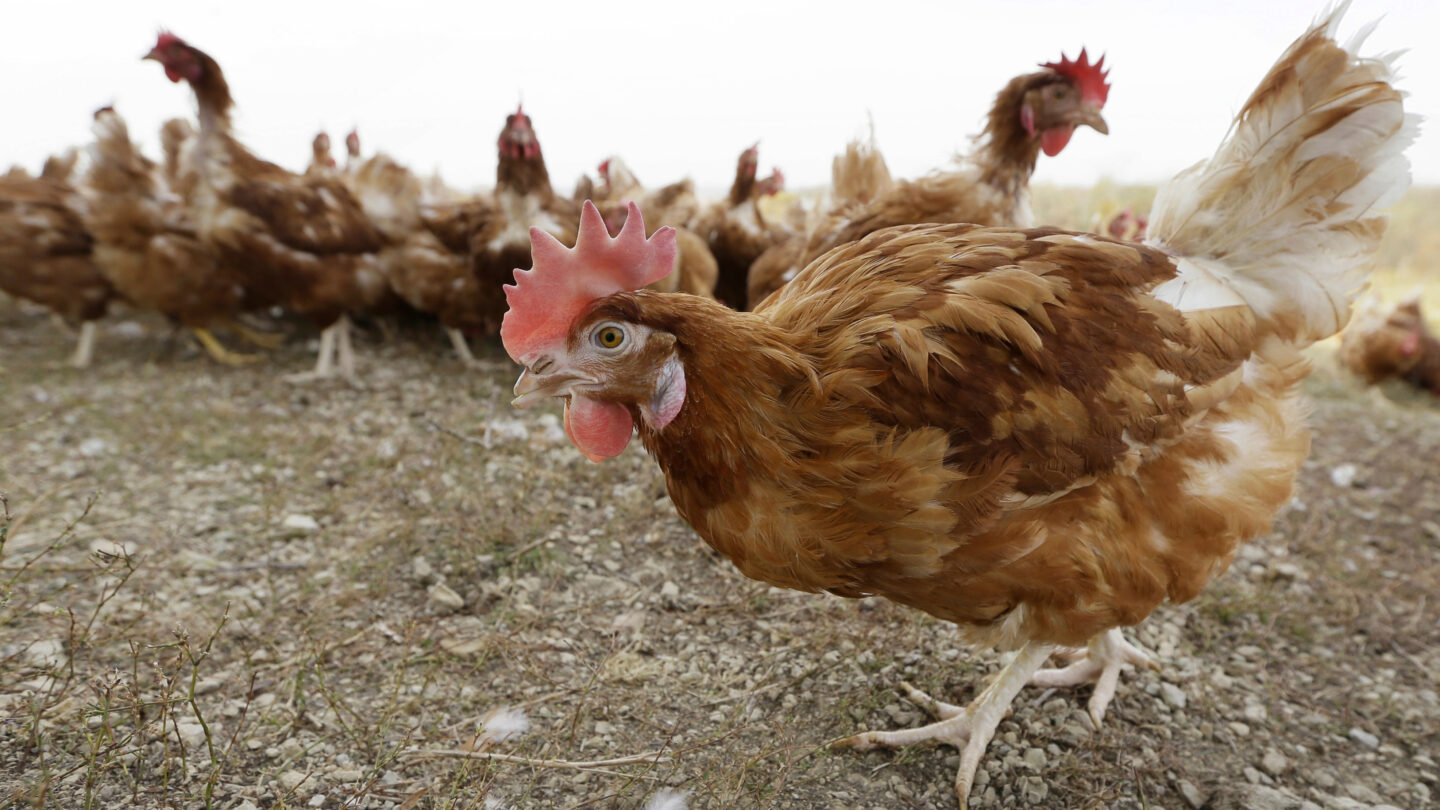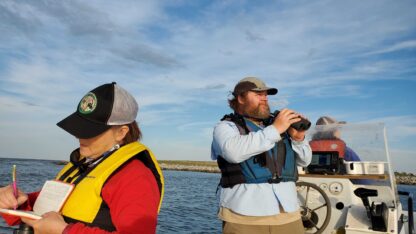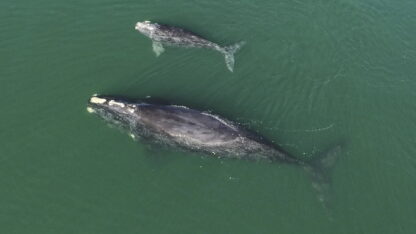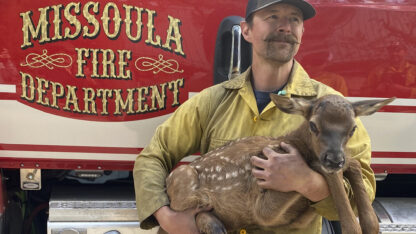Officials have confirmed a highly contagious variety of bird flu in a backyard flock in southeast Georgia.
Agriculture Commissioner Gary Black said Thursday it was the first confirmed case of highly pathogenic avian influenza in domesticated birds in Georgia this year.
The Toombs County resident who kept the flock of chickens, turkeys, ducks, peafowl and other birds told WJBF-TV that dozens of his ducks died in a 24-hour period. He asked officials to investigate, and samples taken Monday confirmed the presence of bird flu. Officials killed more than 350 birds to prevent the spread of the disease and disinfected the farm.
Georgia has the nation’s largest poultry industry, and Black said that if bird flu spread to commercial operations, it “could have a devastating impact on poultry farmers but also to the state’s economy as a whole.”
Officials said Georgia was the 36th state where the H5N1 bird flu strain was found in domesticated birds, with tens of millions of birds affected. Before now, officials had only detected it in wild birds in Georgia.









